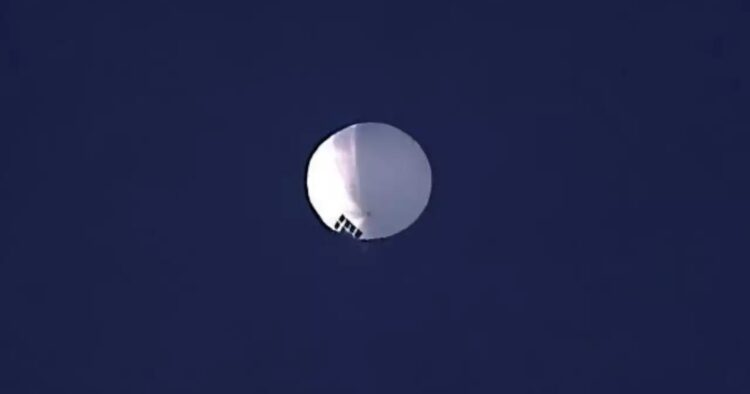In a surprising revelation, American intelligence agencies have disclosed that a Chinese surveillance balloon, which traversed the United States earlier this year, used an American internet service provider (ISP) to transmit navigation and location data back to China. According to the reports, this connection allowed the US to track the balloon’s movement and gather valuable information.
While the identity of the ISP remains unknown, it is clear that the network link was not employed to send real-time intelligence back to China. Instead, the balloon stored the collected data for later retrieval. The transmitted information included imagery and other critical data, which the US studied after intercepting and shooting down the balloon in February.
China, however, contends that the balloon was a mere weather balloon that accidentally deviated from its intended course. The US had previously asserted that the spy balloon was part of an extensive surveillance program orchestrated by the Chinese military.
Sources reveal that the balloon fleet, engaged in over two dozen missions across at least five continents in recent years, had drawn the ire of the Communist Party of China (CPC) leaders. It appears that the CPC leaders did not intend for the balloon to cross into the United States, prompting reprimands for the operators of the surveillance program.
US President Joe Biden, shedding light on the situation, disclosed in June that his Chinese counterpart, Xi Jinping, was caught off-guard by the balloon’s presence in the US. Biden shared that Xi expressed displeasure over the US shooting down the balloon and, more significantly, for not being informed about its unintended entry into US airspace.
In a candid comparison, President Biden likened Xi to “dictators” who feel embarrassed when they are unaware of events under their purview. The incident has sparked concerns about the implications of foreign surveillance activities on American soil, raising questions about the extent of such operations and their potential impact on national security.

















Comments